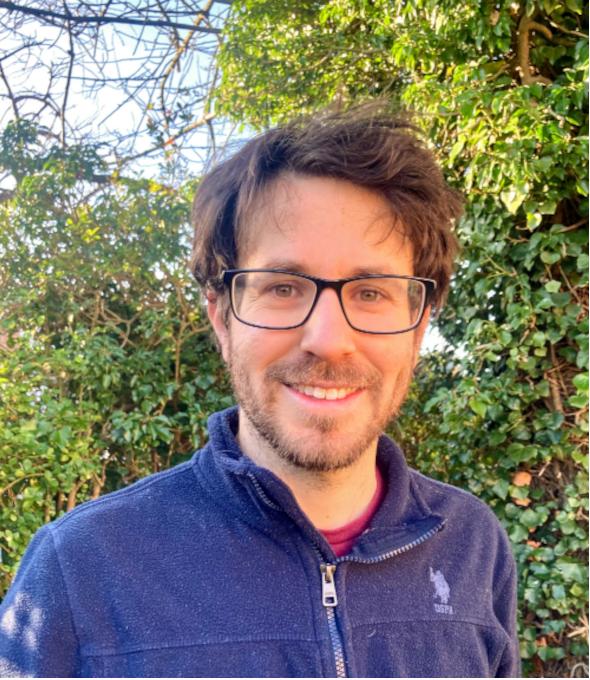
Submitted by Paulina Urriola... on Mon, 10/06/2024 - 09:04
Tuning of plasma cell lifespan by competition explains the longevity and heterogeneity of antibody persistence
B. D. Simons and O. Karin, Immunity 57, 600-611 (2024) | doi: 10.1016/j.immuni.2024.02.005
Commentary: Predicting plasma cell retention and loss over a lifetime
By Omer Karin (formerly in Ben Simons’ group in DAMTP/Gurdon and now a new Group Leader and Lecturer at Imperial College).
1. How would you explain the main findings of your paper in layman's terms?
Immune responses produce large populations of memory cells, including antibody-secreting plasma cells. Most plasma cells last days to months, while some persist for years to decades providing long-term protection. This behaviour presents a paradox that has been the subject of long-standing debate: how can the body support a broad repertoire of antigen-specific plasma cells while maintaining a broad distribution of memory lifetimes? We found that these cells are poised at a "tipping point" between survival and death, which amplifies differences between and within immune responses - and this tipping point arises naturally from competition among plasma cells for limited survival resources.
2. How does this paper contribute to cross-disciplinary research in physical biology?
When the gene regulatory network of a cell operates near a "tipping point" (a critical regime), its behaviour becomes governed by a well-understood dynamical process. Our work suggests that despite the great complexity of genetic networks, in some cases, their behaviour can be effectively modelled using remarkably simple mathematical frameworks.
3. Can you tell us a fun/interesting fact about the paper or the project that led to it?
While the focus of the paper was on a biological question, our approach was theoretical, so we weren't sure how it would be received by editors and reviewers. We were happy to discover that they were open minded and accepting to our approach!
Would you like to be featured in future Author Interviews? Just get in touch at admin@physbiol.cam.ac.uk.


